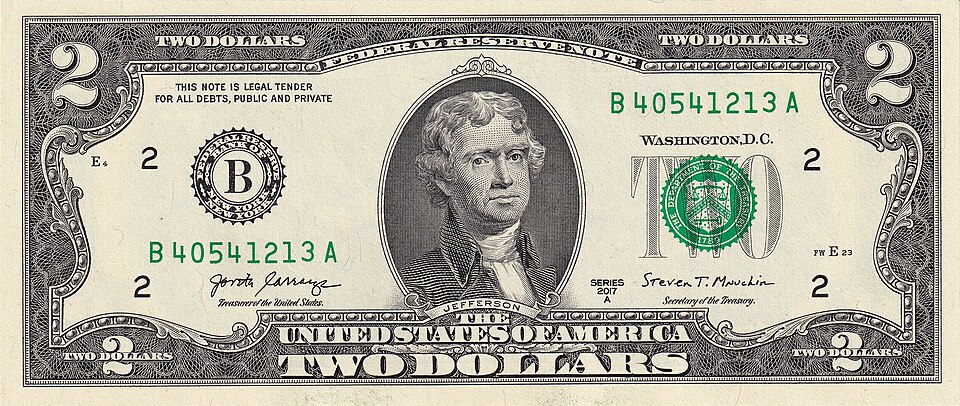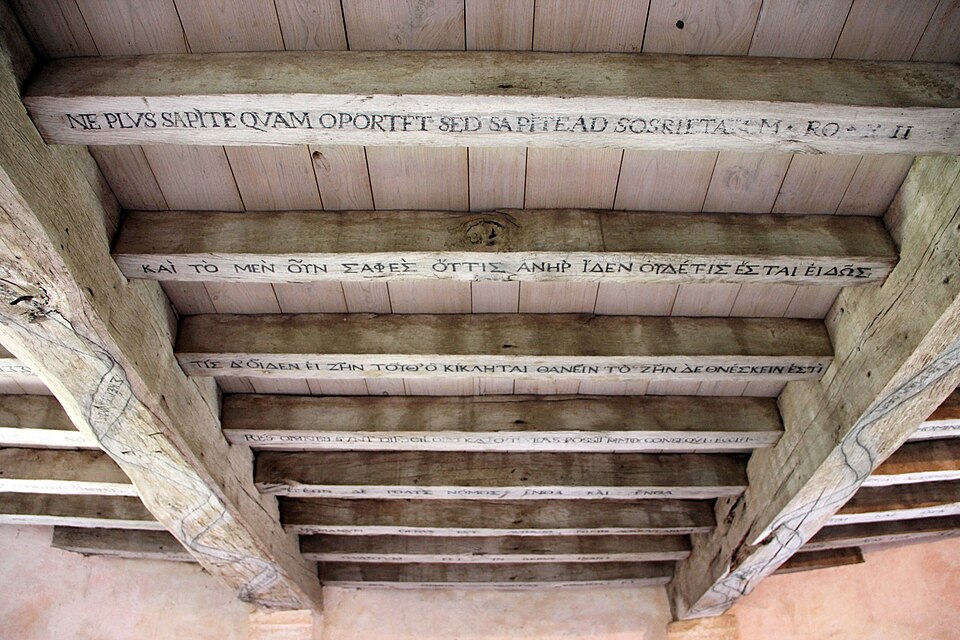Tho’ my verse is exact,
Tho’ it flawlessly flows,
As a matter of fact
I would rather write prose.
While my harp is in tune,
And I sing like the birds,
I would really as soon
Write in straightaway words.
Tho’ my songs are as sweet
As Apollo e’er piped,
And my lines are as neat
As have ever been typed,
I would rather write prose —
I prefer it to rime;
It’s less hard to compose,
And it takes me less time.
“Well, if that be the case,”
You are moved to inquire,
“Why appropriate space
For extolling your lyre?”
I can only reply
That this form I elect
‘Cause it pleases the eye,
And I like the effect.
— Bert Leston Taylor






